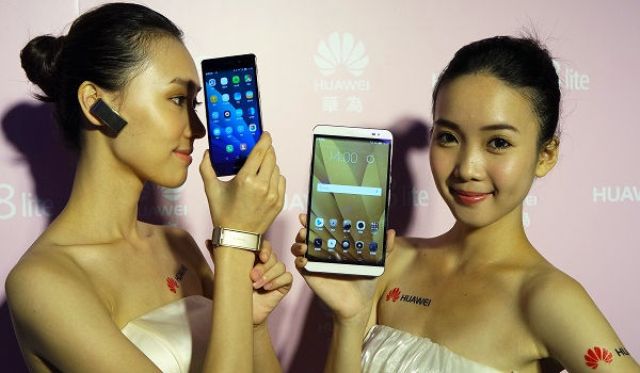The Donald Trump administration is considering changing U.S. regulations to allow it to block supply of chips to Huawei Technologies from companies such as Taiwan’s TSMC, the world’s largest contract chipmaker.
 Restrictions on commerce with Huawei are among several options to be considered at high-level U.S. meetings this week and next. The chip proposal has been drafted but its approval is far from certain.
Restrictions on commerce with Huawei are among several options to be considered at high-level U.S. meetings this week and next. The chip proposal has been drafted but its approval is far from certain.
To target global chip sales to Huawei, U.S. authorities would alter the Foreign Direct Product Rule, which subjects some foreign-made goods based on U.S. technology or software to U.S. regulations.
Under the draft proposal, the U.S. government would force foreign companies that use U.S. chipmaking equipment to seek a U.S. license before supplying Huawei – a major expansion of export control authority that could anger U.S. allies worldwide.
But a Commerce spokesman said recent U.S. charges against Huawei, including conspiring to steal trade secrets, reaffirm the need for caution in considering license applications. The U.S. continues to have major concerns about Huawei.
The measure would be a blow to the world’s no. 2 smartphone maker as well as to TSMC, a major producer of chips for Huawei’s HiSilicon unit and mobile phone rivals Apple and Qualcomm, Reuters reported.
United States is trying to convince allies to exclude its telecom network from 5G networks on grounds its equipment could be used by China for spying. Huawei has repeatedly denied the claim.
The United States placed Huawei on a blacklist in May last year, citing national security concerns. That forced some U.S. and foreign companies to seek special licenses from the Commerce Department to sell to it, but China hawks in the U.S. government have been frustrated by the vast number of supply chains beyond their reach.
Most chip manufacturers rely on equipment produced by U.S. companies like KLA, Lam Research and Applied Materials, according to a report last year from China’s Everbright Securities.





